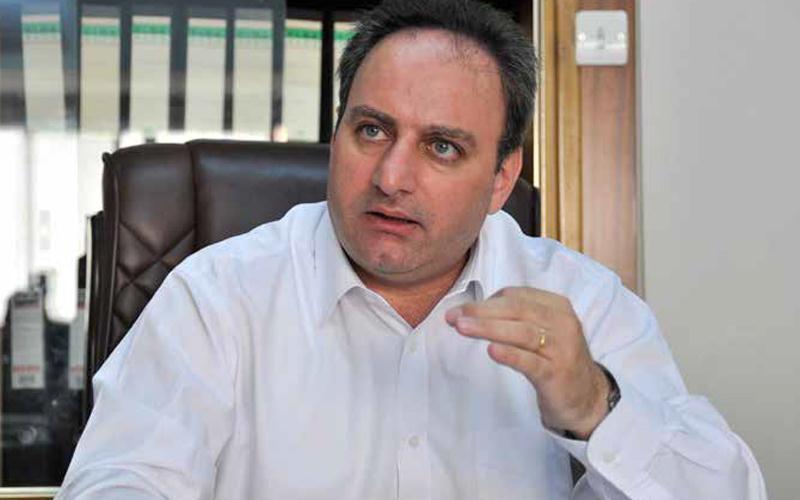
Some thoughts on the Cyprus problem
Sunday 1st April 2018, “Haravgi” newspaper
Article by Stefanos Stefanou, member of the Political Bureau of AKEL
There is no doubt whatsoever that Turkey’s behaviour and overall policy in the region is indeed provocative and unacceptable. In the face of this provocative behaviour, it logical that big questions are raised and there is pessimism surrounding the prospects for a solution to the Cyprus problem. Besides, pessimism increased as a result of the stagnation on the Cyprus problem caused by the failure of the Conference at Crans Montana.
Sometimes, however, in the history of the Cyprus problem, it has been proved that the non-solution is not a solution but rather constitutes a permanent source of danger. The situation caused by Turkey’s unlawful actions in Block 3 of the Exclusive Economic Zone of the Republic of Cyprus is sufficiently indicative of the dangers, but also of the problems the Republic of Cyprus will encounter in implementing its energy plans. Consequently, the aim of the solution, as defined in the relevant UN resolutions, cannot and must not be abandoned.
But is it feasible to reach a solution of the Cyprus problem with such a Turkey? The answer is affirmative, regardless of the difficulties that do exist.
How does the solution appear to be feasible? It stems from the fact that there are incentives and interests for Turkey which can be met by reaching a solution. The motives and interests can be made feasible both by Turkey’s European perspective (whether it means full membership or a privileged relationship with the EU), as well as through its participation in the energy developments in the Eastern Mediterranean region. So the strategy and planning of our policy must be based on making use of the factor of Europe and energy to create a dynamic for a solution.
At this current stage, with the Cypriot problem at a stalemate following the failure of the Crans Montana Conference, the Cypriot government should already have planned its next moves aiming at the creation of the preconditions for a resumption of the negotiations. Instead of wasting its time engaging in communication tactics and rhetoric for internal consumption, the government should have undertaken initiatives in this direction. The government has not done so, resulting in the international community’s assessment that the Greek Cypriot and Turkish Cypriot sides are both responsible for the impasse on the Cyprus problem not being reversed. At the same time, the international community is praising Turkey for its stand in Crans Montana, and this is being exploited by the occupying power to create new fait accompli on the ground (and on the sea as well).
The resumption of the negotiations can be made possible if both sides get in line with the framework set out by the UN Secretary-General in his recent report. This line provides for the continuation of the negotiations from the point where they had remained in Crans Montana and the safeguarding of the body of work that emerged in the negotiations. This body of work is composed of the convergences agreed with regards the internal aspect of the Cyprus problem, the UN Secretary-General’s framework of conclusions and the informal document that the UNSG A. Guterres attempted to table at the table of the Conference for the implementation of the solution.
The President and the government are making a mistake when they are laying down terms and preconditions for the resumption of the negotiations. As a result, the UN Secretary-General does not believe that the two sides are ready to resume negotiations, given that the Turkish Cypriot side is also laying down preconditions. If the Greek Cypriot side were to proceed without putting forth conditions it would oblige the Turkish Cypriot side as well to set aside its terms, otherwise it would be held responsible for the non-resumption of the negotiations.
The government and ruling forces must realize that the elections are over. If they really mean what they say about a solution, they must try to convince the UN Secretary-General that they have the political will for a solution. If they have not realized it, the hourglass for the solution is dangerously becoming empty…




